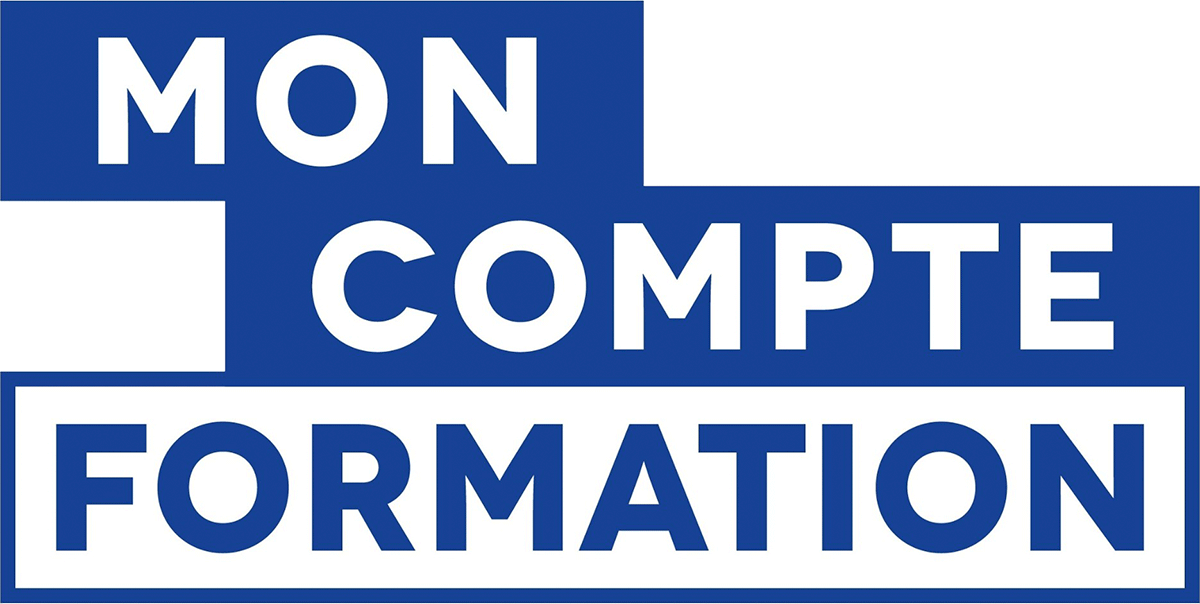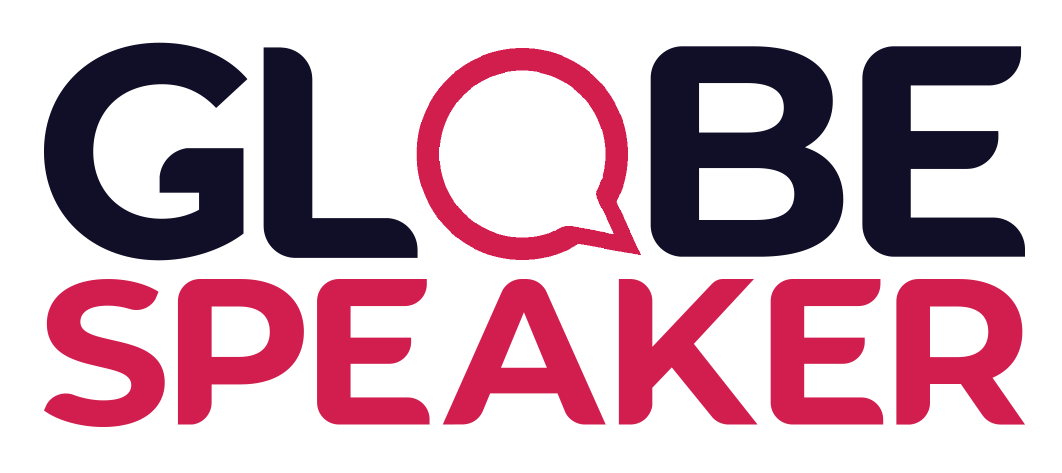Найчастіші запитання
Як ми можемо вам допомогти?
Why is learning a foreign language important?
Studying a foreign language opens doors both culturally and professionally. It not only improves communication with people from other cultures, but also develops cognitive capacity and intercultural understanding.
At what age is it best to start learning a foreign language?
There is no ideal age to start. Children have a natural facility for learning languages, but adults can also learn effectively with the right methods and sustained motivation.
How long does it take to learn a foreign language?
This depends on a number of factors: the target language, the desired
level of proficiency, the frequency of lessons and personal practice.
On average, it can take from a few months to several years.
What are the best methods for studying a foreign language?
Effective methods include language immersion, regular practice, the
use of a variety of resources (applications, books, foreign-language
media), and interaction with native speakers.
Is it better to learn online or in class?
It all depends on your learning style. E-learning offers flexibility
and convenience, while traditional classes offer direct, structured
interaction.
How do you maintain motivation when learning a language?
Set clear goals, celebrate small victories, vary your learning methods and try to link language learning to your personal or professional interests.
Is it possible to learn a language without leaving home?
Yes, thanks to our modern method and online resources, you can learn a foreign language effectively without having to travel.
Should you learn grammar or focus on oral practice?
A balance between the two is ideal. Grammar provides a solid foundation, while oral practice improves fluency and confidence.
How do you overcome the fear of speaking a foreign language?
Practice regularly in a non-judgmental environment, join conversation
groups, and remember that making mistakes is a natural part of
learning.
What are the long-term benefits of learning a foreign language?
As well as the professional and educational benefits, studying a
foreign language enhances memory, improves decision-making and can even
have long-term cognitive benefits.
What are the difficulties in learning a foreign language?
Learning a new language is always a challenge. And the French are
often faced with a number of issues, such as the language barrier, fear
of speaking, lack of practice, cultural differences, lack of time to
study and maintaining motivation.
Як інтеграція Globe Speaker до групи WEFIT вплине на моє навчання?
Завдяки цій інтеграції ви зберігаєте простоту та доступність Globe Speaker для своїх перших кроків у вивченні мови, маючи при цьому можливість перейти на WEFIT для просунутих рівнів. Таким чином, ви отримуєте індивідуальну підтримку від справжніх викладачів, щоб швидше прогресувати, досягти більшої вільного володіння мовою та досягти своїх цілей.
Which subscription would you recommend to start learning a language?
It all depends on your goals.
- The "Standard" option is adapted to those who want to learn at their own pace without aiming at a certain level.
- The "Premium" option is great for those who are preparing for exams and certificates such as the HSK or the GED/A-level and wish to follow their progress through statistics.
- The "Hybrid" option option is intended for those who wish to have a human interaction while learning, as a boost or to ask questions on some grammar or vocabulary points to a coach.
How can I cancel my subscription?
To cancel your subscription, simply send an e-mail with your ID to the following address: contact@globespeaker.com
bscription plans available as part of the CPF (Personal Training Account)?
No, subscription plans on our website are tailored for individuals, but we do offer courses as part of the CPF. Find all our CPF courses here:
If I can't use the CPF (Personal Training Account), can I still train with you?
Yes, you can take a course on our platform and take the BRIGHT or the DCL exam as an independent candidate.
Can I use my CPF (Personal Training Account) account?
Yes, we offer certified training courses eligible for the CPF. You can find more information here: Plateforme CPF
Quel est le niveau dans chaque langue ?
Actuellement, nous comptons les niveaux suivants :
- Anglais du A0 au B2 (138e marche)
- Chinois du A0 au C2 (510e marche)
- Espagnol du A0 au A2 (41e marche)
- Italien du A0 au A2 (65e marche)
- Russe du A0 au A2 (41e marche)
- Français langue étrangère A0 au A2 (70e marche)
- Arabe du A0 au A1 (26e marche)
- Japonais du A0 au A1 (31e marche)
Ceci est en évolution constante.
Couldn't find an answer to your question? Contact us
Зв'яжіться з нами





















